5 Reasons To Be Concerned About The PlayStation 4 Pro
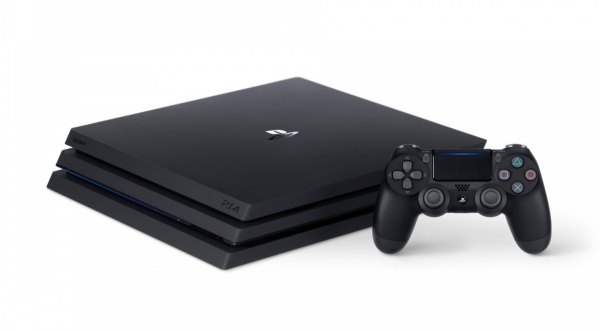
The PlayStation 4 Pro is due for release on November 10th, in two month's time. The console has generated some buzz, both positive and negative for a number of reasons. The positives are great, but the negatives have given us reason to be concerned about the PlayStation 4 Pro.
Given that there's a lot of buzz and a lot of chatter going around about the console, its ability to play games at 4K resolution, the ability to take advantage of high-dynamic range rendering, and it's beefier specs for VR gaming, here at CinemaBlend we figured we would discuss the 5 reasons to be concerned about the PS4 Pro and what that might mean for you as a gamer when it's time to pick up the console or if you're weighing your options as to whether or not it's worth picking up. So let's get started.
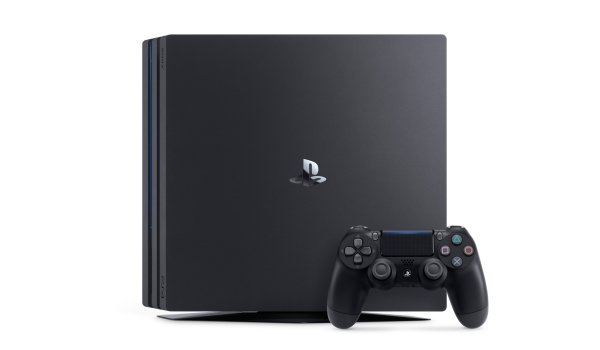
5. The Processor Is Not A Long Term Solution
AMD is still providing the core CPU architecture for the PS4 Pro. We knew this going in well ahead of the announcement at the PlayStation Meeting because Sony had already made it known that the PS4 Neo (its name at the time) would be fully compatible with all of the vanilla PS4's software and accessories. However, AMD has upgraded the octocore CPU to run at 2.1ghz per core, according to Ars Technica.
While the bump up in clock speed is nice, the overall performance is still far behind that of the average low-power i5 PC. Processing power was one of the biggest issues that Ubisoft ran into with Assassin's Creed Unity on the PS4. Previous benchmarks also showed that the PS4 had trouble keeping up with the PS3's Cell processor. 500 extra megahertz on the clock certainly helps, but those specs are already years old compared to what's currently on the market, and it's not much of a long-term solution for the longevity of the PS4 Pro.
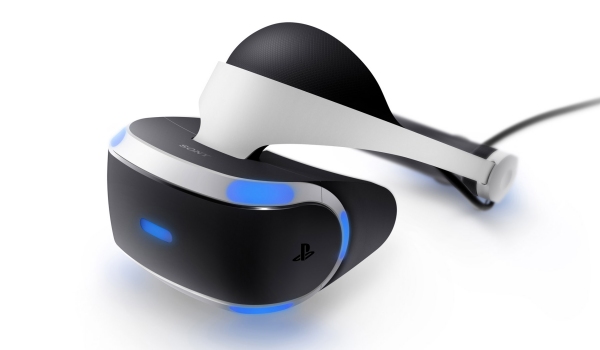
4. It Needs VR To Be Successful
The one absolute, undeniable benefit of the PlayStation 4 Pro is that it will benefit the use of the PlayStation VR headset. The extra clock speed and GPU power will definitely make it more comfortable for users putting on the PSVR. Stable frame-rates and better performance is all-around a great thing when you consider that the PS4 Pro provides enough power under the hood to make VR an enjoyable venture on the PlayStation console.
The problem is that VR has not been as widely adopted as some analysts and the media have been hoping for. Sales for the high-end VR headsets like the HTC Vive and Oculus Rift have not been spectacular and after an initial wave excitement, sales of the VR hardware and software seem to have slowed almost to a halt, according to a report from Techspot. People will definitely adopt a PS4 Pro if the PSVR lures them in, but the PSVR and its games will have to be successful if people are going to purchase the new console based on its buffered support for VR gaming.

3. Many Games Won't Truly Be 4K
The stats just aren't lining up. 4K gaming is one of the most demanding enthusiast pursuits in the current landscape of today's technology. GPU providers have been tinkering with ways to bring affordable 4K gaming to households with high-end graphics cards like the R9 480, Titan X and the GTX 1080. These cards are expensive and powerful and designed to push the hardware to limits to provide the best graphical experience that money can buy. The only problem is that even these super high-end cards have trouble running AAA games above 40fps on ultra settings.
CINEMABLEND NEWSLETTER
Your Daily Blend of Entertainment News
The PS4 Pro's specs absolutely pale in comparison to the current GPUs on the market offering 4K gaming. The PS4 Pro's GPU features 4.2tflops, has 36 compute units and is running at 911mhz. The raw data shows it's about one-third as powerful as the Titan X, a card that has trouble running Hitman Absolution above 35fps. This means the PS4 Pro is not going to have an easy go of it running games natively at 4K, especially graphically demanding titles like Rise of the Tomb Raider and Uncharted 4. It might be possible to stream AAA games at 4K, and it likely upscale to 4K, but native 4K gaming for most AAA titles just won't be possible.
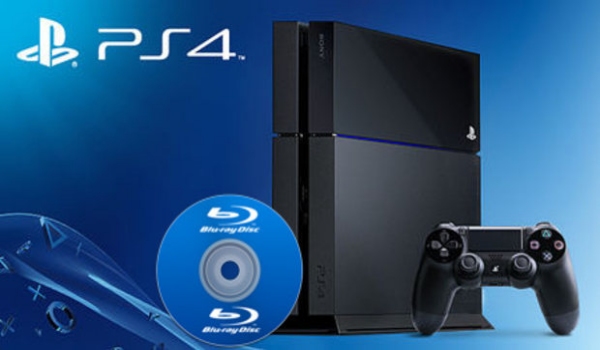
2. No 4K Blu-Ray Player
Sony has hand-waved away the need to include a 4K Blu-ray player into the PlayStation 4 Pro's line-up, but it's an odd move given that a lot of the promotion around the console has been its ability to play 4K media. Ultimately, not being able to run 4K media from the player itself means that you'll need an extremely fast internet service connection to make use of the 4K streaming, which will eat up bandwidth like crazy.
Now a 4K Blu-ray player not being included isn't the end of the world, but it does seem a little contradictory to put so much promotion into the PS4 Pro's 4K capabilities but then not allow people to purchase Blu-ray discs that can render media at 4K. It's a bit baffling. How important this feature is will depend on how well 4K physical media is adopted by the populous. Unfortunately, 4K physical media won't be spearheaded by the PS4 Pro, limiting customers who want to experience the ultra-HD media to live-streams and downloadable media.
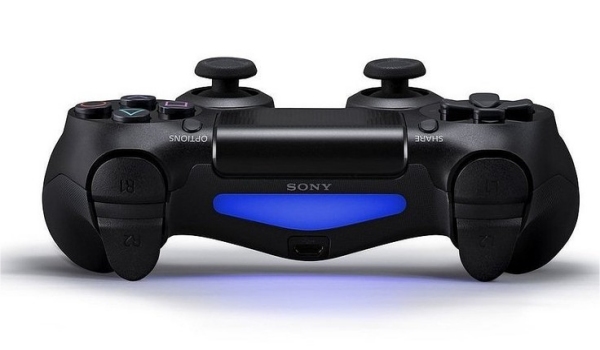
1. Lack Of Original Proprietary Tech
Let's ignore for a second the specs, the 4K native gaming, and the 4K Blu-ray player and focus more on something that usually defines consoles each generation: proprietary technology. Sony hasn't necessarily been known to have the most wow-worthy tech when it comes to gaming, but they did standardize optical console media with the PSX; they elevated the game with the DualShock controller entering the PS2 era; they had SixAxis gyro motions implemented into the PS3's controller, and changed things up a bit with the DualShock 4's touchpad.
So what's the new gimmick for the PS4 Pro? Well, nothing really. Both the PS4 Pro and Xbox Scorpio will be doing 4K media output in one way or another, and both support HDR -- and both 4K and HDR have been around for years prior to being added to the new consoles. The issue here is that there's a lack of original proprietary tech in the PS4 Pro that makes it stand out from the competition. One could argue that the PSVR makes up for the lack of the PS4 Pro's proprietary step forward in new tech, but the PSVR is also available for the vanilla PS4. So what exactly does the PS4 Pro have that's inherently new on the tech front other than beefier specs? The lack of risk might make it an easier sell to consumers and it obviously managed to keep the price low, but the lack of risk might also come back to bite Sony in the butt over the long haul.
Staff Writer at CinemaBlend.
I'm Still Obsessing Over All The Last Of Us' Video Game References In The Season 2 Premiere, With Two In Particular Keeping Me Giddy
‘I Was Praying That The Toilet Didn’t Flush Behind Me’: Superman’s Rachel Brosnahan Shares The Funny Story Behind Learning She’d Been Cast
Someone Asked Snoop Dogg If He’s Smoked Pot With Martha Stewart, And His Answer Is Too Polite










